Si Steers assesses the fall out from deadline day and the mistakes – and positive steps – made by FSG this summer.

The upcoming Fox documentary will lay bare the inner workings of Liverpool Football Club for the world to see. This past summer has been a difficult one for everyone connected with Liverpool – the removal of Kenny Dalglish as manager and the austerity imposed on his replacement has led to a large section of supporters losing faith in the direction and ambition of the club under Fenway Sports Group.
Liverpool has been a club in transition for over 20 years, fumbling around modernisation and striving to find the right balance between retaining its identity and finding a place in the modern game. Different regimes have failed miserably; mismanagement and poor decision making has meant that every forward step has been followed by two steps backwards for a variety of reasons.
The last thing that supporters want to hear is that there is another long term project. The club has had more 5 year plans than trophies in recent times – people are sick of hearing it. It is made worse when those 5 year plans are abandoned after 12 months only for another to start. Supporters worry about the here and now – and the future then takes care of itself.
Supporters also live and breathe the football club. The reason a football club exists is because of its supporters; they are its lifeblood. Talk of revenue, brands and strategies are a by-product of the injection of huge money into what used to be a working class game. All of this will always create tensions between owners that approach football as a business versus a supporter that approaches football as a way of life.
Right now Liverpool is at a crossroads – battle lines have been drawn for some who believe the actions of the current owners are taking the club backwards. Despite attempts to address these concerns – suspicion means attempts to engage are seen as ‘spin’. PR is a by-product of politics: and politics have been an unwanted diversion for Liverpool in recent times. It is political as owners and supporters have differing priorities and ideas about how to progress the club.
The owners of Liverpool say they have ambition to make Liverpool successful. But the cold facts are that they do not have the resources to do it right now. They need to build those resources and grow the club – and it is going to be a painful journey as we do not have the equity at present to compete at the highest level. It is an incredibly fine balancing act in cutting your cloth so that you are living within your means versus investing in your squad so not to fall further behind – thus far, the balance hasn’t been found.
Mistakes
Unfortunately this summer has been littered with mistakes that could and should have been avoided. The owners have made it clear this is a learning process for them – and are facing up to the harsh reality that every single error or mistake is magnified into a mini-disaster. The more of those you have, the more trust ebbs away until it becomes a full blown crisis. Following the sacking of Dalglish – the owners needed to act decisively and with conviction – but on the face of it have appeared to do neither. Although the one positive is that they have probably recruited the right long term manager for the club – albeit in a process that appeared messy from the outside.
They have been guilty of saying the wrong thing – Tom Werner surely regrets saying “we have the resources to compete with anyone” – it may well be that he meant in the future we will have those resources, but right now it looks hollow. It is obvious that the club is looking to reverse the mistakes of Comolli and learn from them. But at the same time it looks like this has led to a transfer policy that has no flex – leading to the Dempsey debacle on deadline day.
There are occasions in football where you do have to pay over the odds for a player – or take a calculated risk. The broad philosophy of recruiting youth is the right one – but it has to have some flex. There is no way you can have a risk free transfer policy.
The deadline day mess was probably a symptom of having inexperienced leadership at the club. Ian Ayre is strong commercially but is not a CEO, and Brendan Rodgers has a great philosophy, but little experience, especially at a club the size of Liverpool.
The owners wanted a new structure in place this summer – but were persuaded to back down over appointing a Sporting Director at the request of Rodgers. In hindsight, that looks to have been a mistake. A club the size of Liverpool needs strong leadership – it needs experience and a CEO that understands the game and its mechanics.
If the owners want to restore some faith and learn from mistakes they will appoint a CEO or SD to run the football administration before January. This will not undermine Rodgers – it will help, not hinder him. It will provide an executive link to the boardroom – and it will provide a conduit that can question the decisions of the manager and the owners. It will help to avoid the mistakes of the transfer window.
What has happened has happened – and there is no denying that the good work on our transfer policy this summer was undone on deadline day. Letting Carroll go on loan without a replacement was a disastrous decision. But it is important that we learn from it – and prevent it from happening again.
Whilst Rodgers was hung out to dry on deadline day, the owners had backed his judgement in the market this summer. £15m on Allen now looks a steal, when there were a huge amount of questions from supporters at the time. £10m on Borini was also backing Rodgers judgement. It is easy to get caught up in the snowball of deadline day – but the summer business wasn’t all bad.
There have been a number of mistakes by the owners – but are they clumsy or malicious? Is it an ownership group trying to learn as they go or is it a savvy move to get the club ready for a quick sale? Nobody knows the answer to that other than FSG – but they have been at the Red Sox for over 10 years – they have repeatedly said they are at Liverpool for the long haul – there is no reason to think that is a lie.
They will not make money on Liverpool by asset stripping – the only way they will see a significant return is by delivering on the promise of success on the pitch. The track record of FSG is growing its investment interests – I think there is genuine belief that they can transform Liverpool in a similar way to how they transformed the Red Sox.
Whether or not the enforcement of Financial Fair Play will influence that belief is all conjecture – as many have pointed out, FFP provides a level playing field – but money has to work hand in hand with good decisions and infrastructure. FSG will campaign for FFP as it provides an opportunity for Liverpool to be really competitive at the top of the game, if they deliver on the business side. But FFP is just one facet of Liverpool’s future success.
Reasons for optimism
Whilst this summer has been poor from a perception point of view – some of the actions taken will benefit the club in the longer term. The reduction in wages will provide more equity to invest in fees next summer. It is likely that wages to revenue has now dipped below 60% from 70% – more aligned to the likes of Spurs and Arsenal – our direct competitors at this moment.
That means more of the money we make from the big ticket commercial deals like Warrior and Standard Chartered will actually have more impact on the bottom line. The owners have said the profit the club makes will go back into the club. A couple of the remaining huge contracts will also be up next summer – or more affordable to buy off. We should be in a position next summer to have a significant transfer kitty and the flex on the wage bill to bring in more of the quality we need. But it is essential we are active in January as well – we need at least 2 players in the January window to flesh out the squad – the 2 players we should have secured on deadline day.
On the pitch we have a very thin squad. A few injuries and we will be really struggling. But this is where Rodgers makes a difference – he has proven that he is unafraid to give youth a chance – and the promotion of Sterling into the first team has been a revelation thus far. Our best 11 players looks like a strong side on paper – the lack of goals is a real concern – but there are options.
Suarez isn’t working as a Centre Forward – he is more effective from a wide position. Gerrard isn’t a natural fit into a midfield 3 – but he is the best finisher at the club. I think there is an opportunity to deploy Gerrard as the false 9 – in the Spain Fabregas role. With Suarez and Sterling either side – that looks a dynamic front three. I think Borini can also operate centrally – but he is still raw and will need time. Our squad is thin – but it does have quality in key areas – although some of our best players have started the season slowly.
The key now is to get through to January – by then the structure and decision making at the club needs to be fixed.
Rebuilding the trust
John Henry’s open letter to supporters should be welcomed. It is an attempt to engage and he clearly recognises the importance of the fans. I can’t recall an owner of a football club publishing an open letter before – it is a step in the right direction of taking accountability and trying to provide some context to decisions. There was also an open admission that mistakes have been made.
There needs to be more of this type of communication. Supporters are concerned about the direction of the club – there has been no clear statement on the stadium issue – but lots of snippets that suggest a stay at Anfield is the most likely scenario.
I’d like to see Henry or the club hierarchy provide opportunity for Q&A – the supporters committee is a positive step – but as a forum controlled by the club it doesn’t really have that ‘independence’ that would give it credibility. An appearance on the Anfield Wrap podcast for example would be a good forum and channel to unpick the issues that really matter to supporters. Obviously parts of your strategy you don’t want in the public domain – but there is opportunity to give fans more reassurance about direction.
A brilliant move would be to consider a fan share scheme – allowing supporters the opportunity to acquire a stake in the club. This can be done without diluting the investment on a large scale –and it would give supporters a stake and a voice in the club. Obviously this is more complex than it sounds – but if the owners are in this for the long haul then at some stage this maybe something that could be explored.
Ultimately there will be some supporters that will never trust the owners. There is plenty of reason for suspicion – FSG are an investment group. They want to increase the value of the club. They have made mistakes and have a huge amount to prove. They have taken unpopular decisions – they haven’t made any announcement on the stadium (but you assume have progressed a preferred option) – and they have let down a new manager in the transfer market this summer.
But – whilst that may be a reason for some to draw battle lines – I cannot see the logic in a fractious relationship. Should we force FSG out – what are the assurances we will get an equity rich owner in – somebody that can bankroll the club? There are none.
FSG may not be perfect – but they haven’t loaded the acquisition debt on the club and are committed to putting profit back in – over the long term that will make the club competitive. They have got some decisions wrong – but they are operating in an environment where every mistake is magnified tenfold.
It isn’t about being pro or anti FSG – it is about whatever is best in the long term interests of Liverpool Football Club. That is what matters to every single supporter. Whoever owns the club will face the same challenges and issues as FSG – even if the club was supporter owned.
I think the owners deserve criticism, and I am sure they accept that – but the club will benefit from constructive conversation where supporters can positively influence decisions that are taken in the future. We need to get to a point where reactive PR is not a mechanism we have to use within our own fan base – hopefully the owners are now convinced a strong leader in L4 is the solution to bridging the knowledge and geography gap and limiting future mistakes.
There needs to be an end to the PR gaffes – the Fox documentary presents risks – especially the coverage of Dalglish’s departure. There are some in the mainstream media that appear intent on creating divides between owners and supporters; the agenda being that it sells newspapers. Engaging with fans media where possible is absolutely the right way to share the clubs message.
Supporters will continue to watch the actions of the owners carefully – and actions are will be what define the legacy of FSG. I think many supporters can buy into self sustainability, but avoiding and learning from mistakes are essential if there is to be a relationship built upon trust.



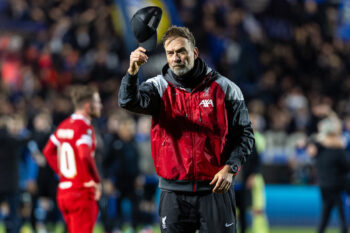
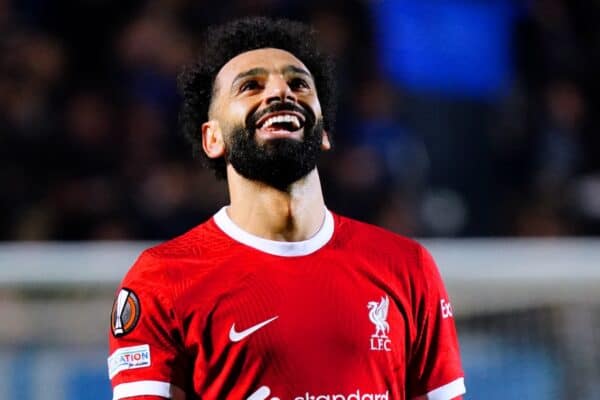
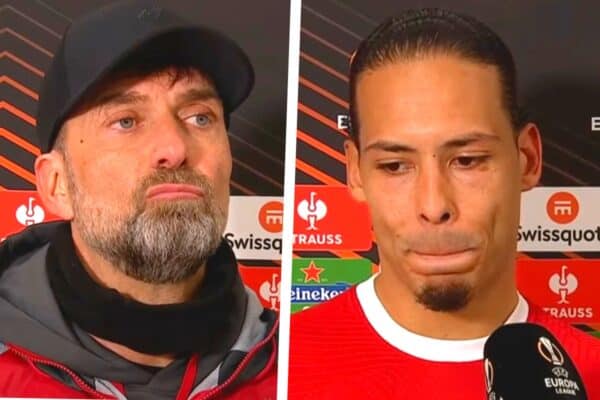
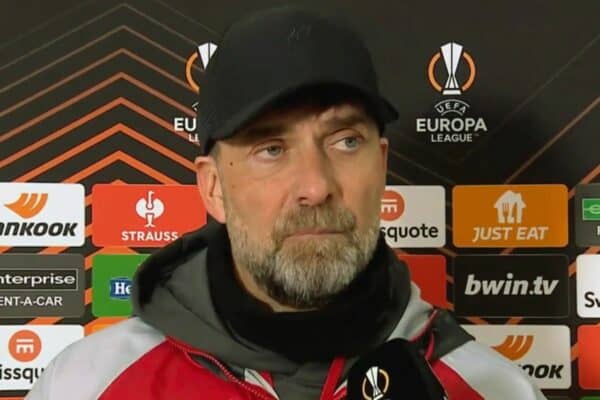
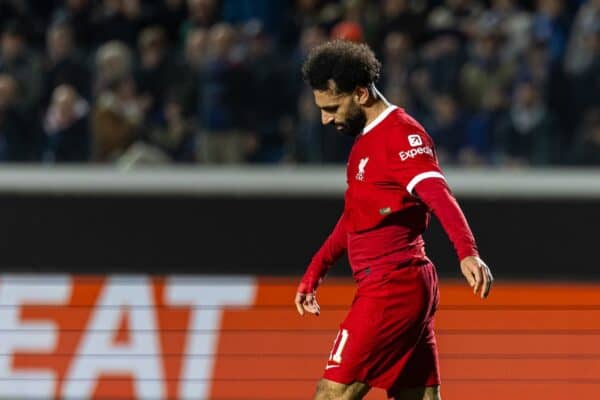
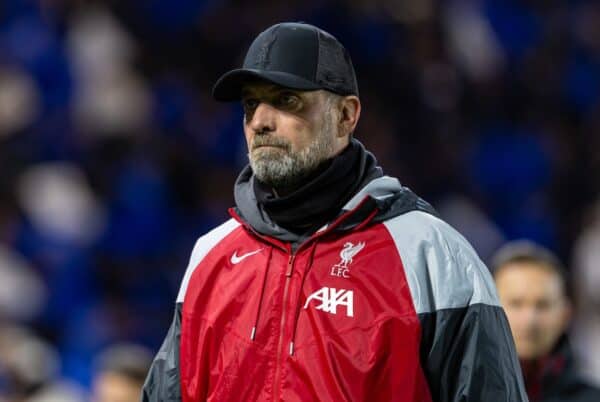
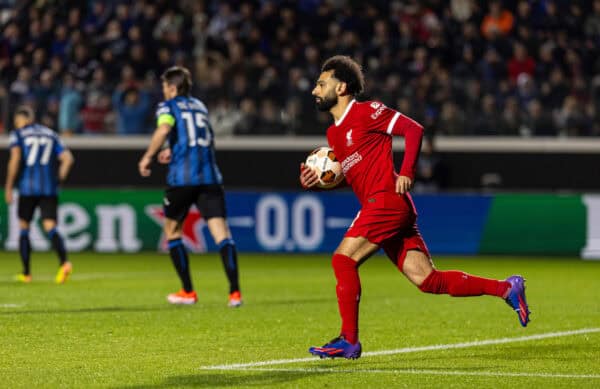
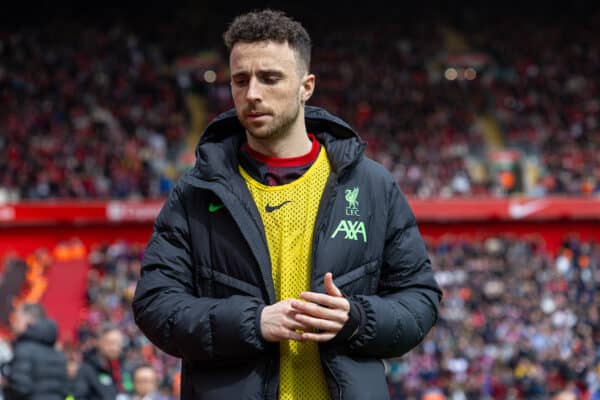
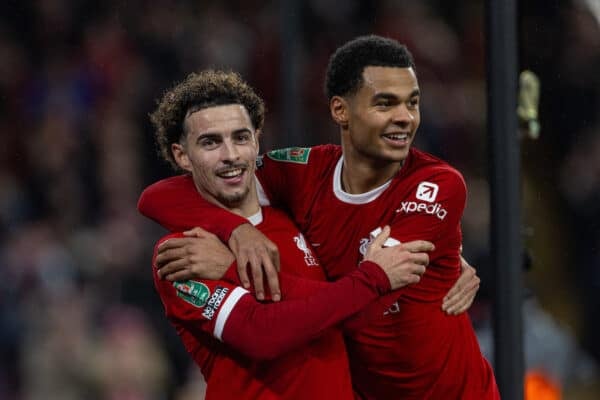
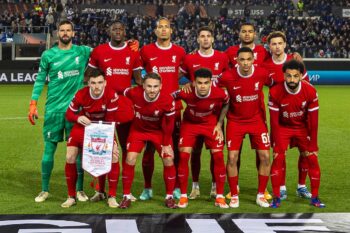

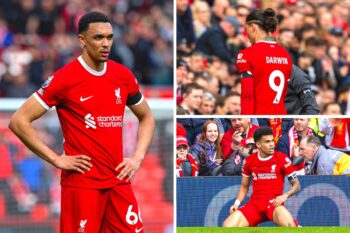
Fan Comments